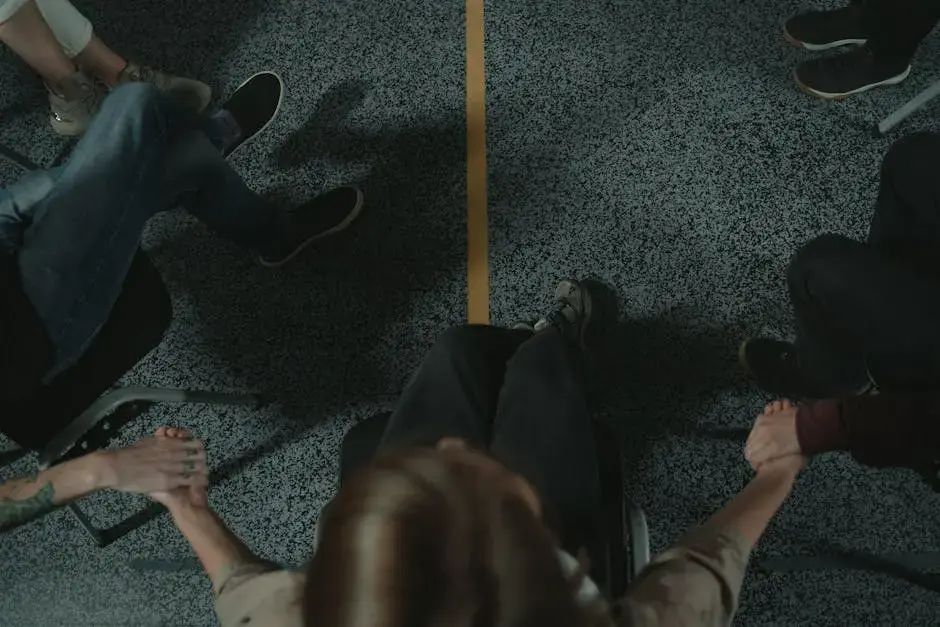Is Couples Therapy Effective for Resolving Conflicts?
- Karrie Stafford

- May 23, 2025
- 3 min read
Couples therapy can often feel like a big step to take, especially when conflicts arise in a relationship. Many wonder if this form of therapy really works. In this blog, we will explore how couples therapy addresses conflicts and whether it can lead to effective resolutions.

Understanding Couples Therapy
Learn what couples therapy involves and how it differs from individual therapy.
Couples therapy, at its core, is about fostering communication and understanding between partners. Unlike individual therapy, which tends to focus on personal issues, couples therapy zeroes in on the dynamics of the relationship itself.
During sessions, both partners share their perspectives, guided by a trained therapist. This process can uncover underlying issues that may not be obvious at first.
It’s a collaborative effort, aiming to create a safe space where both partners feel heard. As connections deepen, couples often find that their disagreements can be addressed more constructively.
Common Conflicts Addressed
Explore the types of conflicts that couples often bring to therapy, including communication issues and trust.
Couples therapy frequently addresses conflicts stemming from communication breakdowns. Misunderstandings can escalate tensions, leading to frustration or resentment.
Another common issue is trust. Whether it's an infidelity incident or simply feeling neglected, these issues challenge the foundation of partnerships.
Additionally, differences in life goals or parenting styles can lead to significant strain. Couples learn to navigate these conflicts through shared understanding and compromise.
Ultimately, recognizing the sources of tension is a critical step towards resolution, and that's what therapy helps facilitate.
The Role of the Therapist
Understand how therapists facilitate sessions and encourage open dialogue between partners.
Therapists play a pivotal role in guiding couples through their challenges. They create a neutral environment where both partners can express their feelings without fear of judgment.
By using specific strategies, a therapist helps couples identify patterns in their communication that may be detrimental. This insight is often the first step toward positive change.
Moreover, therapists introduce tools that can aid in conflict resolution, helping couples practice these skills both in and out of sessions. This ongoing support fosters personal and relational growth.
Techniques Used in Therapy
Discover the various techniques employed by therapists to help couples navigate their conflicts.
Therapists utilize a range of techniques, such as active listening, which encourages both partners to reflect on what the other has said. This practice fosters empathy and understanding.
Role-playing can also be an effective method, allowing partners to step into each other's shoes temporarily. This tool provides insight into the other's emotions and viewpoints.
Additionally, therapists may introduce behavior modification techniques that help couples manage their reactions to conflicts. This approach not only improves communication but also builds healthier interaction patterns.
These varied techniques are tailored to each couple's unique situation, making therapy a personalized experience aimed at conflict resolution.
Success Stories
Read about couples who have successfully resolved their conflicts through therapy and strengthened their relationships.
Many couples enter therapy feeling hopeless about their circumstances. However, numerous success stories highlight the transformative power of this process.
For instance, a couple struggling with communication issues found that therapy helped them articulate their feelings. They learned to listen actively and engage constructively, leading to a significant improvement in their relationship.
Another couple, who faced challenges with trust after infidelity, worked through their pain with therapeutic guidance. By addressing their issues directly and honestly, they rebuilt their connection stronger than before.
These stories serve as a testament to the effectiveness of couples therapy, often highlighting the new perspectives and tools gained through the experience.
Signs You Might Need Couples Therapy
Identify the key indicators that may suggest it’s time to seek help from a couples therapist.
Recognizing when you need couples therapy can be difficult, but there are clear signs to watch for. Persistent arguing or feeling emotionally disconnected are common indicators that intervention may be beneficial.
If conversations feel more like battles rather than discussions, it could be time to explore therapy. Similarly, partners who find themselves avoiding important topics or withdrawing from each other may also benefit from outside assistance.
In essence, if conflicts seem insurmountable or if the relationship feels stagnant, seeking help from a trained professional can provide the insights and support necessary to move forward.
Wrapping Up
Ultimately, couples therapy can be a powerful tool for resolving conflicts and enhancing understanding within a relationship. Non-judgmental guidance from a trained professional can help couples communicate better, work through their issues, and develop stronger bonds.




Comments